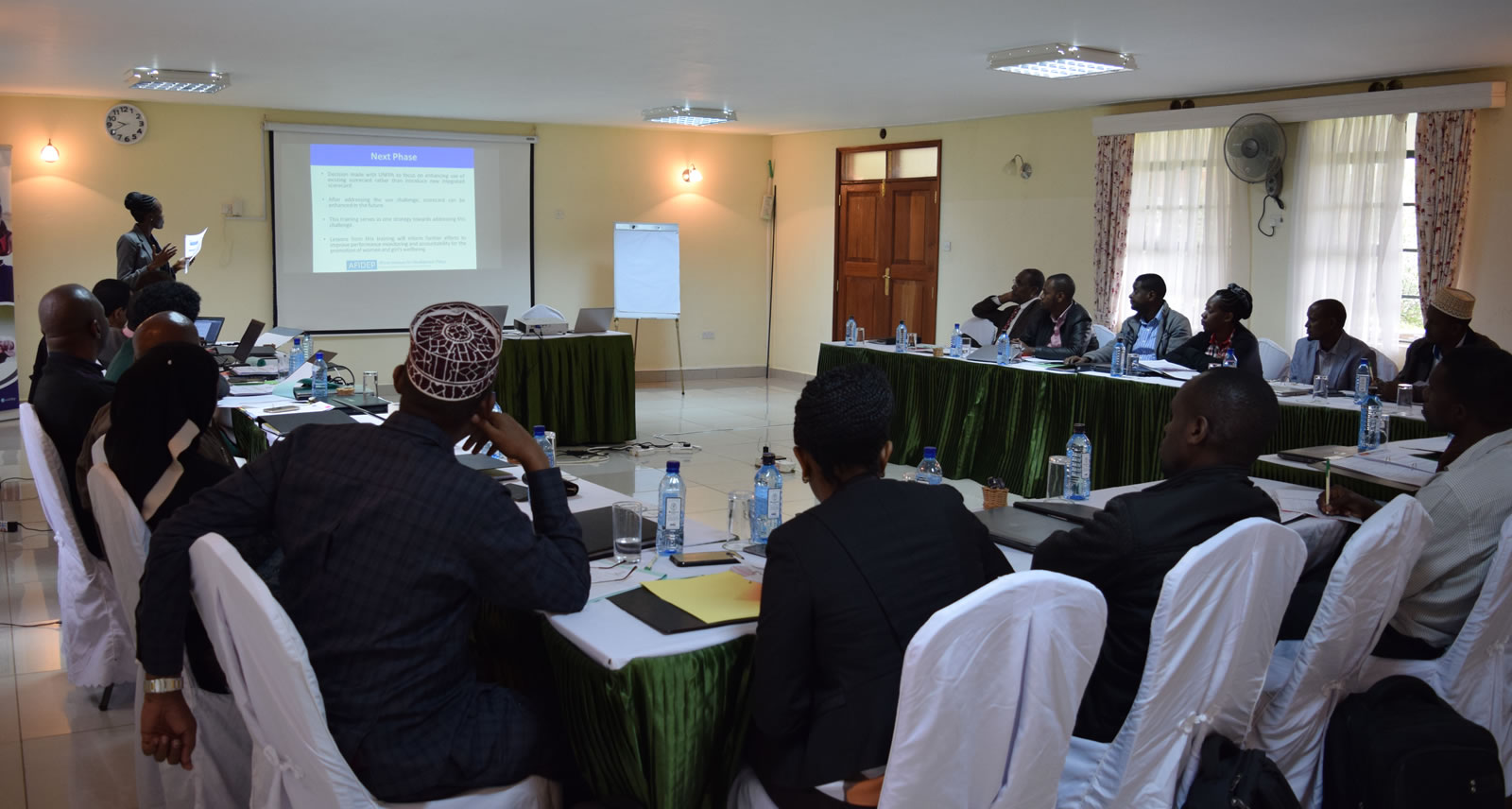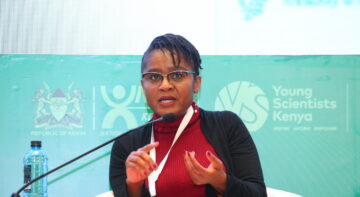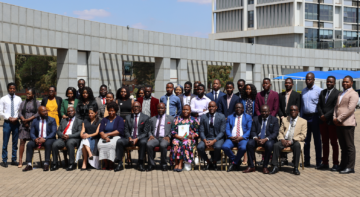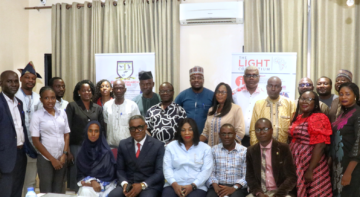Actualités

AFIDEP and the United Nations Population Fund (UNFPA) Kenya are running a workshop from 25-27 June 2018 in Machakos County, to improve the knowledge and skills of county staff to use the national reproductive, maternal, newborn, child and adolescent health (RMNCAH) scorecard. The scorecard which was developed by the Ministry of Health in 2014 (with support from a coalition of partners including USAID’s Measure Evaluation project, WHO, UNICEF, Pathfinder International and the African Leaders Malaria Alliance, ALMA), aims at strengthening the Ministry’s existing decision-making processes by identifying priority areas and tracking the implementation of necessary interventions.
The workshop, which targets County Directors of Health, County Reproductive Health (RH) Coordinators and County Health Records and Information Officers, also aims to improve their knowledge and skills to advocate for improved policies and programmes, and increased resource allocation to the health and wellbeing of women and children, using the RMNCAH scorecard. Participants are drawn from Isiolo, Lamu, Marsabit, Mandera, Migori and Wajir counties, which account for 50% of maternal deaths in Kenya.
The context
The workshop is part of efforts to improve performance monitoring and accountability for RMNCAH, gender-based violence (GBV) and HIV indicators in the select counties. Currently, there exist progressive policies on ensuring universal access to RMNCAH, HIV services and on sexual and gender-based violence (SGBV) in Kenya. However, there exists limited action and coherence on accountability of various programme indicators aimed at improving RMNCAH and HIV. Further, there are organisational structures in place that support performance monitoring and accountability both at national and county level, but, monitoring and evaluation units are not operational in some counties.
In addition, the capacity to coordinate partners and stakeholders at county level is at infancy level, resulting in duplication of efforts among stakeholders. More efforts are therefore needed to streamline coordination as witnessed at the national level. Another challenge hampering effective performance monitoring and accountability is the lack of data collection tools in certain sectors such as SGBV. This is further aggravated by limited capacity in monitoring and evaluation, particularly data analysis and presentation. Therefore, there is need for trainings, mentorship and technical support to counties. Further, inadequate allocation of funds towards monitoring and evaluation activities prevents effective performance monitoring and enhanced accountability, and these funding gaps need to be bridged.
Reporting critical for mapping progress
Speaking at the opening of the workshop, Dr. Adano Diba Kochi, the County Director, Preventive and Promotive Health, Marsabit County, noted that without reporting, then work has not been done. Measuring progress and reporting is therefore critical for counties to assess their successes, failures, and opportunities for improvement in service delivery at the county level.
Dr. Diba emphasised the need for data collected to be well analysed for the information to be useful in programme planning and implementation. He underscored the value of the workshop as it presents an opportunity for counties to share best practices and experiences, and learn from each other for the collective progress of their counties and the country in general.
Related Posts





